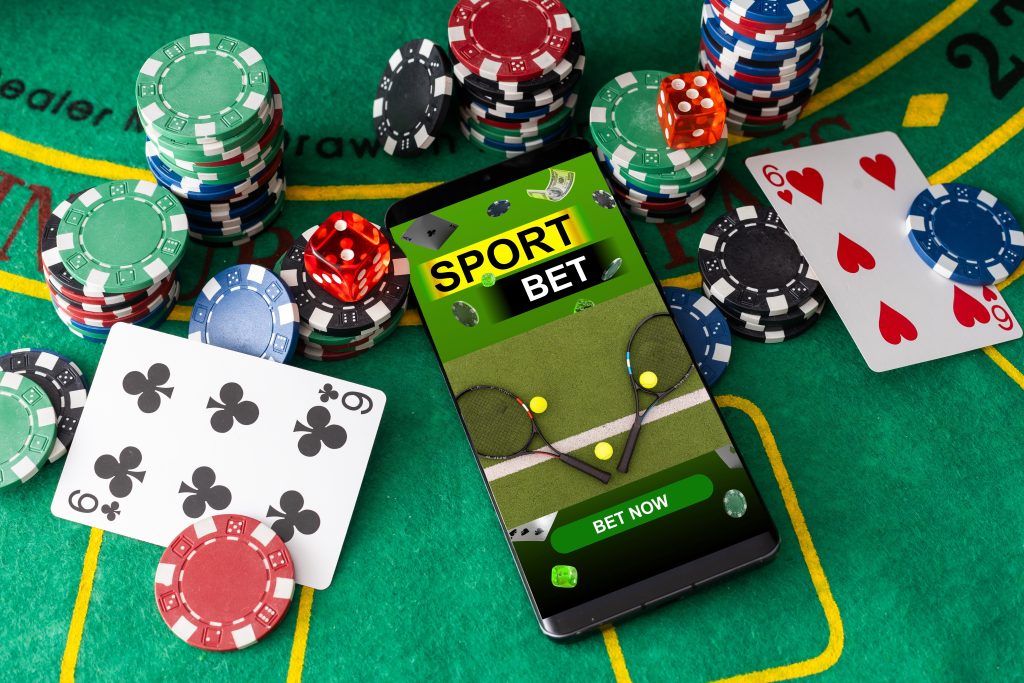Risky Spending and Teen Gambling
Objective
The student will be able to:
- Identify what teen gambling looks like.
- Assess the costs and benefits of gambling.
- Create a public awareness poster that brings attention to one aspect of what teen gambling looks like.

In this personal finance lesson, students review statistics about underage gambling, listen to a section of a podcast on how teens get hooked on sports betting, give thumbs up or thumbs down to statements that they believe are gambling, and create a public service poster to alert their peers to the dangers of teenage gambling.
Resources
Procedure
Lesson Prep
- Review the slides and notes.
- Make copies of Activity 1 and Activity 2 and Activity 2 – Poster Rubric for each student. Decide if you want students to create a hard copy of the poster or a digital copy. If digital provide laptop and internet access. If a hard copy, provide blank paper and markers.
- Listen to podcast – How teenagers can get hooked on sports betting
Warm Up
Have you played an online game with pay-to-play activities where you pay for extra coins, gems, power-ups, loot boxes, and skins? Have you ever spent more money than you intended?
Activity/Procedure
- Students discuss statistics that highlight the problems of teen gambling.
- Listen to an excerpt from a podcast and have students complete the listening guide in Activity 1. Play Podcast – How teenagers can get hooked on sports betting. Start at 1:30 and end at 5:44.
- Thumbs up/Thumbs down activity from slides: Ask Students: “Why do you think this situation is or isn’t gambling? What needs to change in the situation so that it would be considered gambling (or not gambling)?” Discuss answers.
- Create a public service poster to educate peers about underage gambling. Hand out Activity 2 and Activity 2 – Post Rubric. Have students choose one of the topics as the subject of their poster. They can create a hard copy of the poster to display in school, or a digital copy for their social media.
Wrap Up
Anybody can reach out to 1-800-GAMBLER.
It’s a hotline that anybody can call and just say, “hey I’m having a problem” or “I have a friend that I noticed is having a problem, I just want to talk to you, and I want to see what I can do and get help” and it’s free.
Talk to someone.
For more information and to extend the lesson:
- https://www.mass.gov/info-details/teens-gambling-its-a-risk
- https://www.colorado.edu/health/blog/gambling-sports-betting
- https://mediasmarts.ca/sites/default/files/pdfs/lesson-plan/Lesson_Online_Gambling_Youth.pdf
- https://www.federalreserveeducation.org/teaching-resources/economics/decision-making/identifying-problem-gambling?q=gambling&s=relevance
Interesting piece on how sports betting is rewiring young people’s brains and the intersection investing and gambling.
Gamblemerica: How Sports Betting Apps Rewired a Generation’s Relationship to Risk